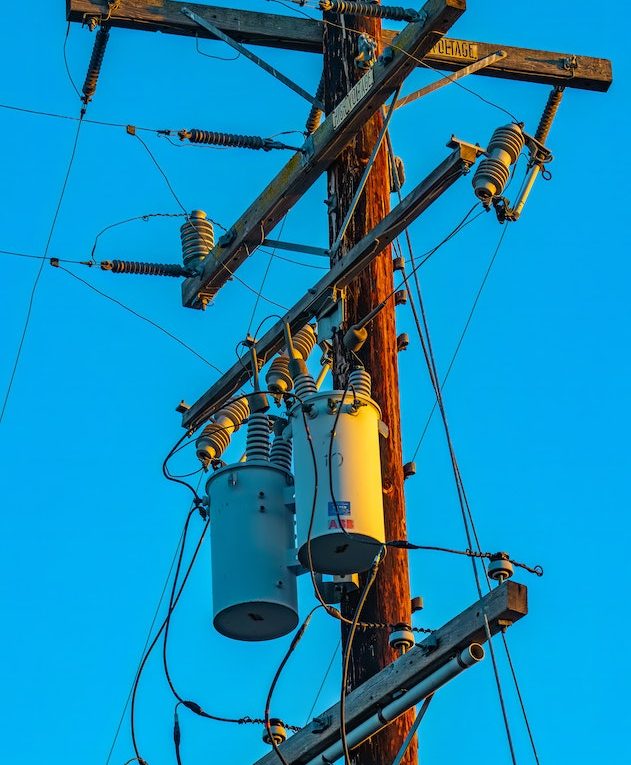Shine Brighter: Top-Quality Commercial Electrical Solutions
When it comes to running a successful business, the importance of a reliable and efficient electrical system cannot be overstated. From powering essential equipment to ensuring the safety and comfort of your employees and customers, a well-designed and professionally installed Commercial Electrical Installation system is crucial. In this blog, we will explore the key aspects of commercial electrical installation, highlighting its significance, the steps involved, and why you should entrust this task to qualified professionals.
- The Importance of Commercial Electrical Installation
A functional and safe electrical system is the backbone of any commercial establishment. Here are some reasons why commercial electrical installation is vital:
a. Safety: Electrical fires and accidents can be catastrophic. Proper installation ensures that your business complies with safety codes and regulations, reducing the risk of electrical hazards.
b. Reliability: A professionally installed electrical system is less likely to experience outages, minimizing disruptions to your operations.
c. Energy Efficiency: Modern electrical systems can be designed to be energy-efficient, helping you save on utility costs and reduce your carbon footprint.
d. Equipment Performance: Your electrical system directly impacts the performance and lifespan of your machinery and electronic devices. Proper installation can prevent costly equipment damage.
- Steps in Commercial Electrical Installation
Commercial electrical installation is a complex process that involves several steps. Here’s an overview of the typical workflow:
a. Assessment: An electrical contractor assesses your business’s specific needs, taking into account the size of the space, the type of equipment to be powered, and any unique requirements.
b. Planning and Design: Based on the assessment, a detailed electrical plan is created, outlining the location of outlets, switches, circuit breakers, and any special requirements like backup generators or surge protection.
c. Permits and Approvals: Before any work can begin, the contractor will obtain the necessary permits and approvals from local authorities and electrical code compliance agencies.
d. Wiring and Component Installation: Electricians will install the wiring, electrical panels, outlets, switches, and any specialized equipment required for your business.
e. Testing and Inspection: Once the installation is complete, the system is thoroughly tested and inspected to ensure it meets safety and performance standards.
f. Finalization: After successful testing and inspection, the electrical system is finalized and ready for everyday use.
- Why Hire Professional Electricians
While some business owners may be tempted to cut costs by attempting electrical installation themselves or hiring unqualified individuals, there are several compelling reasons to hire professional electricians:
a. Safety: Licensed electricians are trained to work safely and follow stringent electrical codes, reducing the risk of accidents and fires.
b. Compliance: Professionals understand and adhere to local and national electrical codes, ensuring your business remains in compliance with regulations.
c. Efficiency: Experienced electricians can complete the installation efficiently, minimizing downtime for your business.
d. Warranty and Reliability: Professional installations often come with warranties, providing peace of mind that any issues will be resolved promptly.
e. Future-Proofing: Professional electricians can design your system to accommodate future growth and technological advancements, saving you from costly retrofits.
